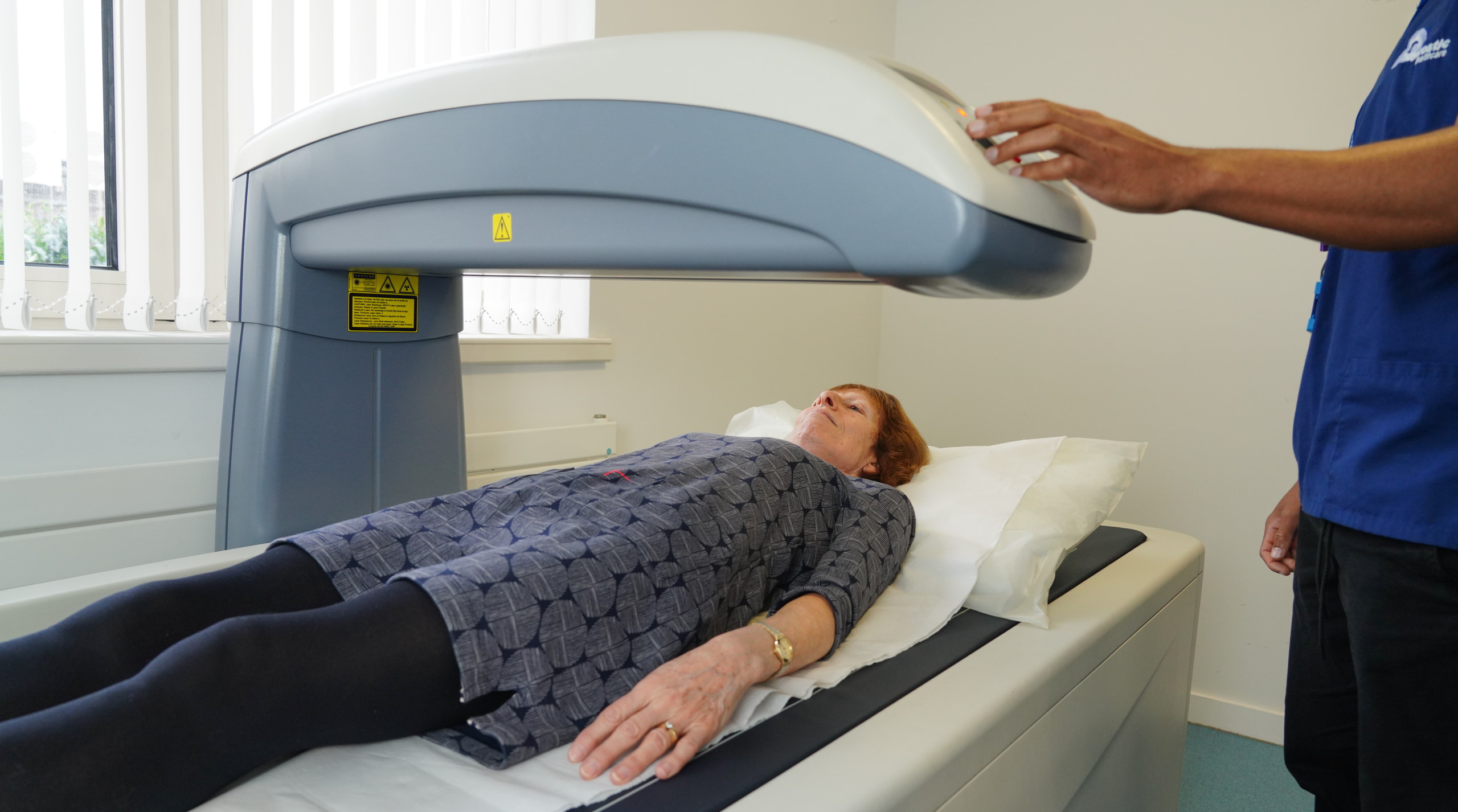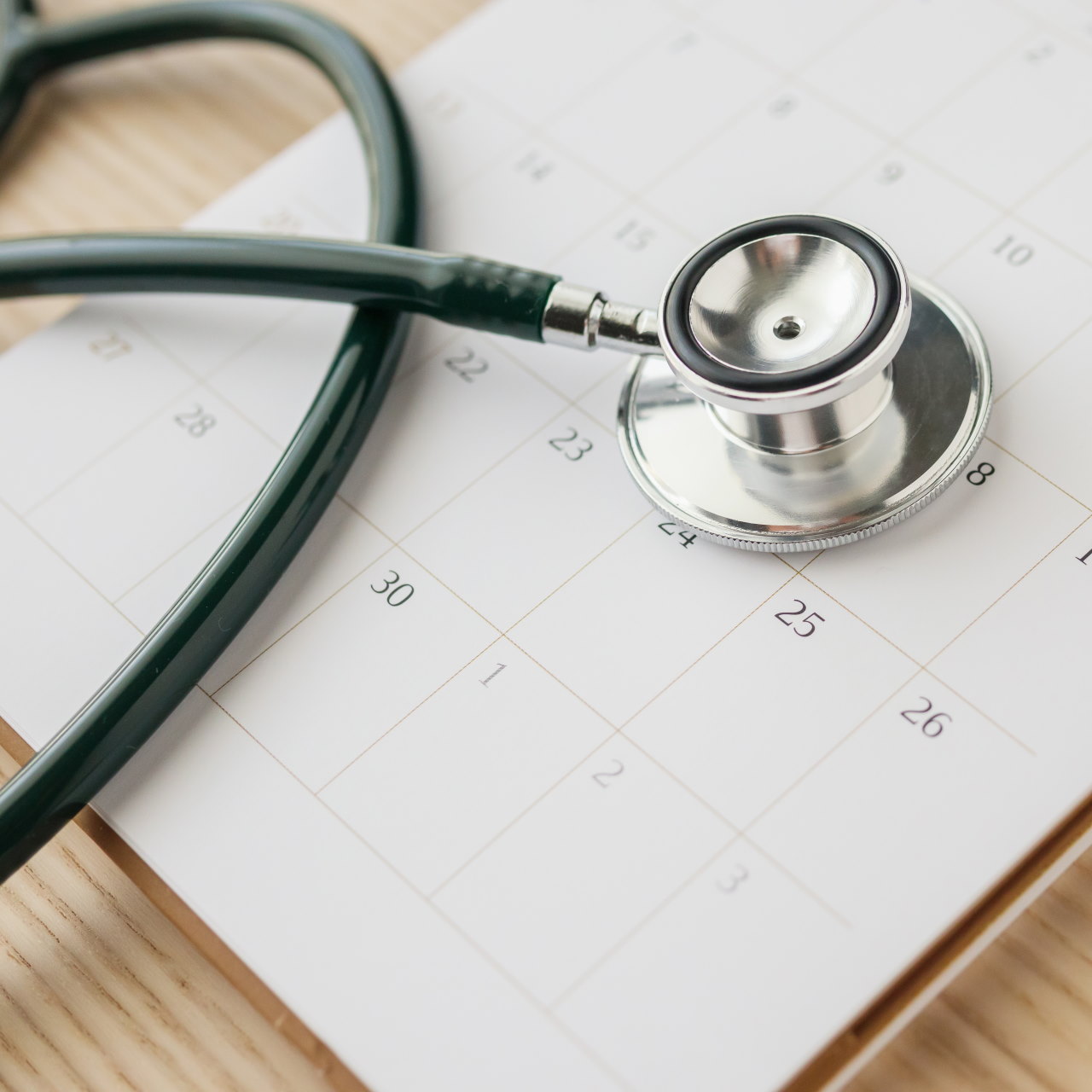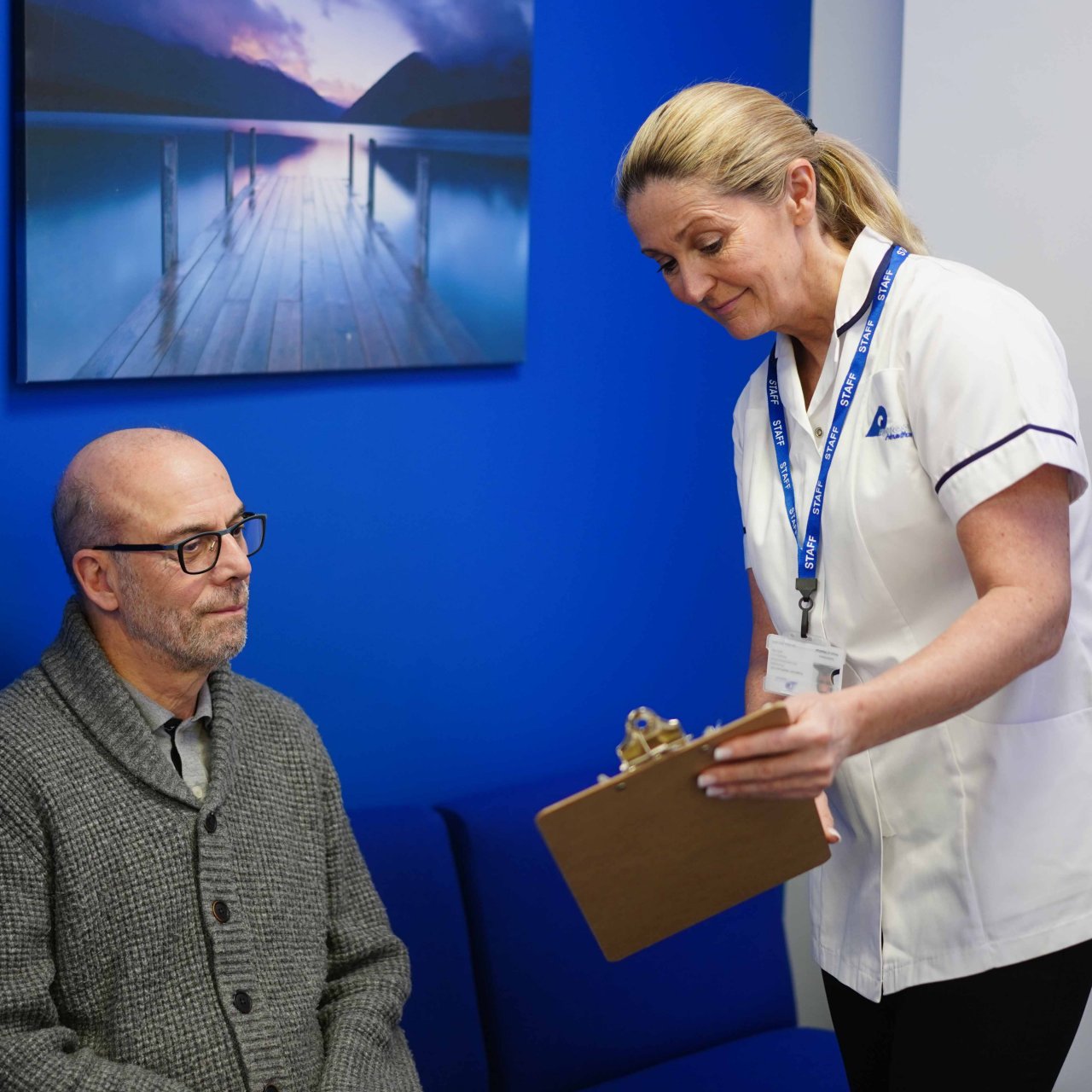Bone density scans are often used to diagnose or assess the risk of osteoporosis, a health condition that weakens bones and makes them more likely to break.
As a non-invasive, painless and safe procedure, bone density scans have become an important widespread imaging tool since introduction and are commonly used by the NHS.
The NHS supports the need to develop improved access to diagnostic tests as part of the drive to reduce waiting times and improve choice options for patients. The need to develop community based diagnostic services is supported by the Royal College of Radiologists, Royal College of General Practitioners and Sir Mike Richards Report (DIAGNOSTICS: RECOVERY AND RENEWAL) as part of a service strategy to improve access to tests and ensure these tests are delivered at the right stage of the patient care pathway.
Key Service Outcomes
It is envisaged that a Direct Access bone density scan service will enable GPs to achieve the following benefits:- Offering patients rapid access to appointment by increasing capacity and choice and offering services closer to home.
- Timely access to diagnostics for GPs and their patients to avoid the need for unnecessary referral to secondary care.
- A reduction in inappropriate referrals through education and feedback to the referrer.
- A reduction in unnecessary and duplicated diagnostics.
- Better access and availability with evening and weekend appointments in response to patient demand.
- A full integrated system to the NHS Spine offering directly bookable services on e-RS, achieving a fully managed referral pathway.
- A reduction in waiting times for appointments.
- Accurate, clear and timely imaging and narrative reports to the referrer.
- Accurate and clear activity and KPI reporting including performance and quality to the commissioner.
- High levels of satisfaction from patient accessing the service.
- High levels of satisfaction from GPs referring into the service.
Diagnostic Healthcare has a long-standing track record of delivering bone density scans from static clinic locations and from mobile and modular facilities. This is a consultant led service to ensure that all the clinical support is well embedded in the community setting. The DEXA/DXA service is delivered by highly trained Radiographers who are registered with the Health and Care Professions Council and follow a Continuing Professional Development (CPD) programme. Diagnostic Healthcare continuously invests in the latest DEXA/DXA technology to provide the best experience for its patients and staff.
The DEXA/DXA service is commissioned as an “end to end” service making it as easy as possible for the referring clinician. The care, reporting and clinical pathways are developed and agreed locally to fit into the local Integrated Care Systems (ICSs).
Bone Density FAQs
The DEXA scan takes 15 to 20 minutes.
Please wear loose comfortable clothing with no metal or plastic zippers, buttons or snaps.
DEXA/DXA scans cannot be performed with 14 days of:
- Any X-ray examination which required you to have an injection of X-ray dye or a Barium Enema, Swallow or Meal.
- A CT scan which included an injection of an X-ray dye.
- Any Nuclear Medicine Scan.
If you have had any of these procedures, please contact us and we will arrange for your appointment to be booked at the proper time.
Bone density scans do not involve any dangers and have no negative impact on your health. The radiation dosage involved in these examinations is extremely low.
Bone density scans measure the level of calcium in the bone: this cannot be done with a regular X-ray. In addition, the dosage of radiation of a bone density scan is much lower than that of an X-ray scan.
DEXA stands for dual energy X-ray absorptiometry. A DEXA scan is a high-precision type of X-ray that measures the bone mineral density and bone loss. It is considered a quick, sensitive and accurate test that specifically measures the density of the bones and can diagnose the risk for osteoporosis.
The images will be sent to a Radiologist or reporting Radiographer for analyisis and the results will be sent to your referring doctor. This process typcially takes up to two weeks.
Diagnostic Healthcare delivers the service from three main sites;
Altrincham
Mansion House, 3 Bridgewater Embankment, off Manchester Road, Altrincham, WA14 4RW
Bolton
Breightmet Health Centre, Breightmet Fold Lane, Bolton, BL2 6NT
Colchester
Diagnostic Healthcare, Unit 23 Peartree Business Centre, Peartree Road, Colchester, CO3 0JN
Please call the office to check availability 0161 929 5679 / 0330 058 4142.








